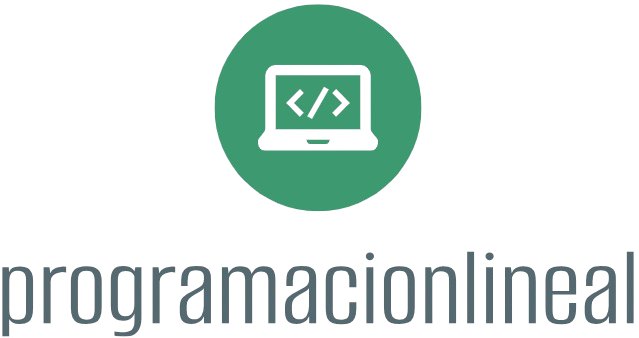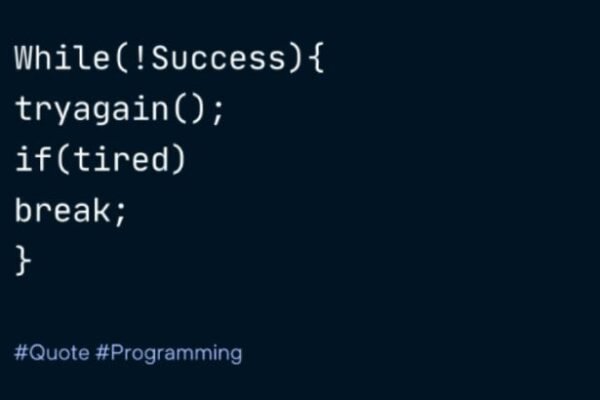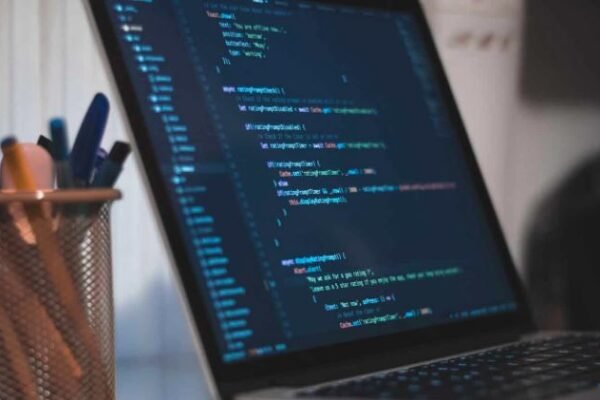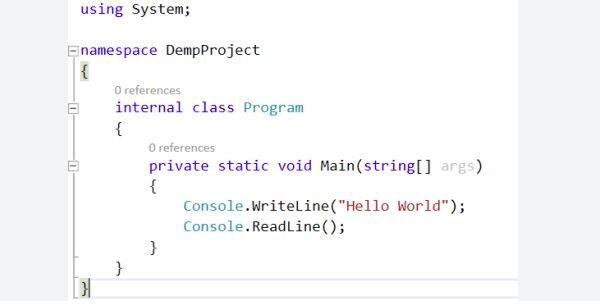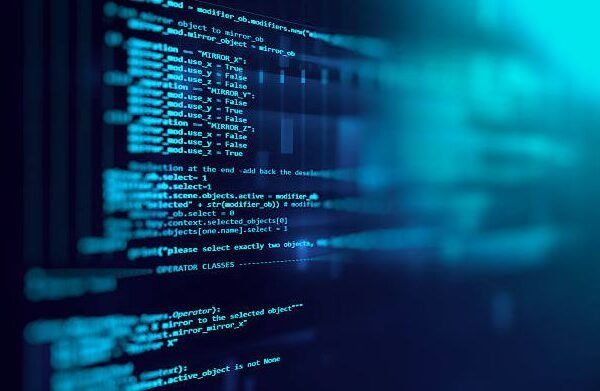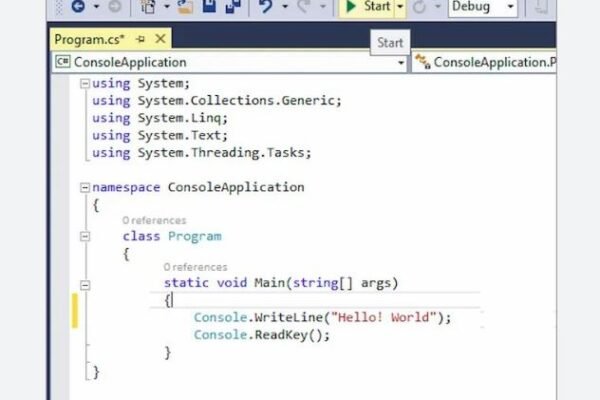
The Best Online Communities for Programmers
Joining online communities can significantly enhance your programming journey by providing support, networking opportunities, and access to valuable resources. Here are some of the best online communities for programmers: 1. Stack Overflow Overview: One of the largest and most popular Q&A platforms for programmers. Users can ask and answer questions, share knowledge, and get help…
